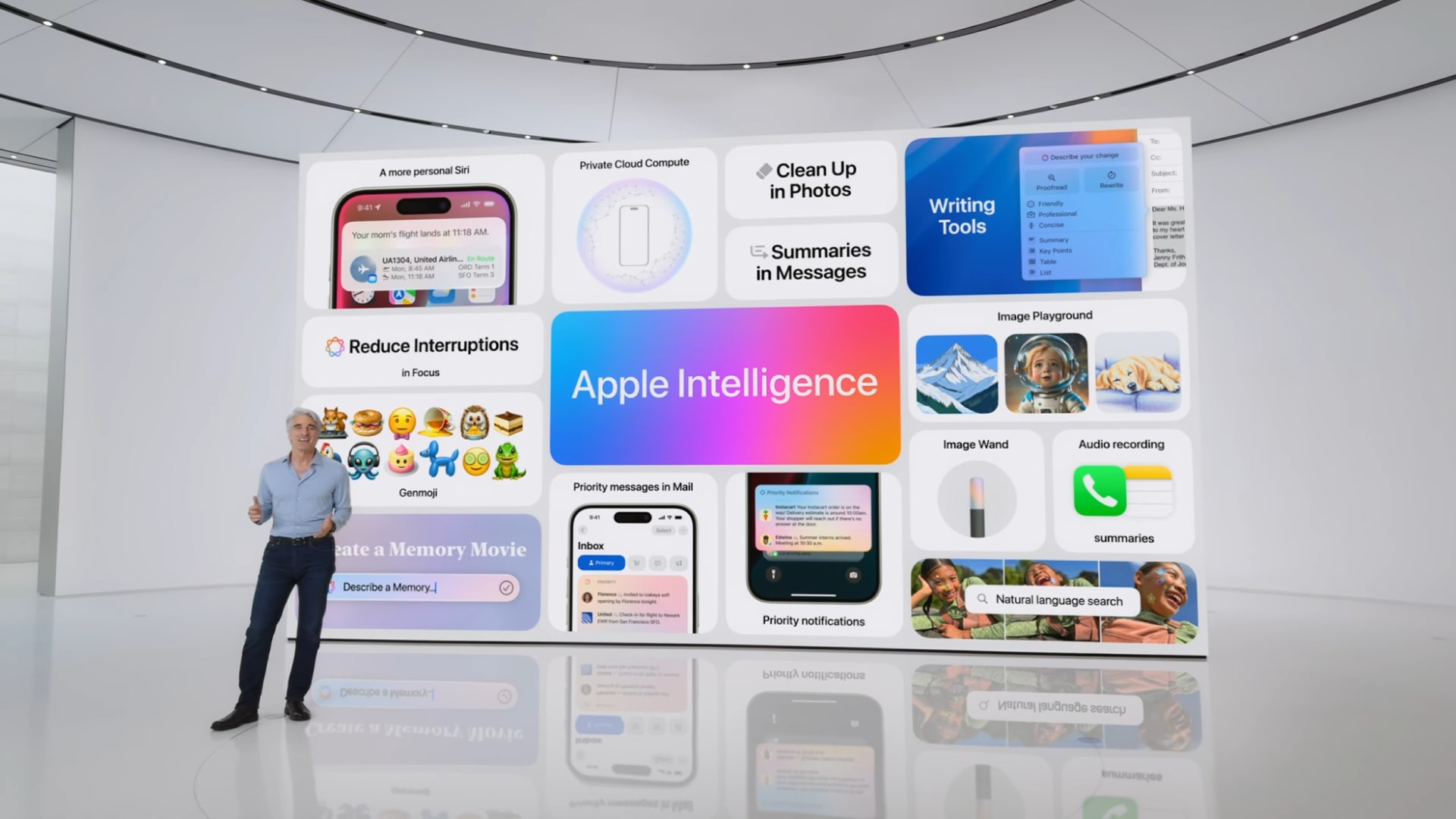The Google Pixel 9 launch proves that RAM is the next great smartphone separator

Like the Samsung Galaxy S24 event before it, the Google Pixel 9 launch was as much a showcase for new software as it was for new hardware. Sure, Google debuted no less than seven new devices (including four new phones) at its Mountain View headquarters in California, but infinitely more stage time was dedicated to the Google Gemini features that are set to run on these devices than to the cameras, displays, or batteries under their respective hoods.
Apple, too, will no doubt place Apple Intelligence at the heart of its upcoming iPhone 16 launch, with rumored upgrades to buttons and batteries likely to play second fiddle to a smarter Siri and other generative AI tools. Software, then, now rules the roost – at least in terms of the way the best phones are marketed (how many AI-focused Samsung ads have interrupted your football game?). But this doesn’t mean hardware no longer matters.
AI-heavy smartphones require an immense amount of processing power (read: strong chipsets) and a RAM capacity that’s sufficient to juggle multiple power-hungry software features at once. Google has never been able to equip its best Pixel phones with iPhone-beating chipsets, but it has at least future-proofed the Google Pixel 9 Pro and Google Pixel 9 Pro XL with a whopping 16GB of RAM.
Such a large RAM capacity should ensure that both phones can handle the inevitably demanding AI features Google throws at them later down the line, and it sets a new benchmark for other mobile manufacturers to follow.

As TechRadar’s US phones chief, Philip Berne, noted in his hands-on Google Pixel 9 Pro review, “[16GB of RAM is a] massive amount of memory for a mobile device. Samsung’s most powerful phone, the Galaxy S24 Ultra, only has 12GB of RAM, and you’d need to buy a gaming phone like an Asus ROG Phone 8 Pro to get 16GB or more before the Pixel 9 Pro comes along.
“My guess is that [such a large amount of] RAM isn’t for today – it’s for what’s to come. I’ve been very skeptical that today’s Pixel phones, like the Pixel 8, will really last through the seven years of updates that Google is promising [...] but adding more RAM than is needed at launch is a way to make sure that the Pixel 9 Pro has spare headroom for whatever AI vehicles get parked in the Pixel garage.”
RAM, then, is now arguably the most important spec to look out for when considering a new phone. Powerful chipsets are certainly a bonus, but they’re no longer the be-all and end-all.
Sign up for breaking news, reviews, opinion, top tech deals, and more.

After all, there’s a reason why Apple is limiting Apple Intelligence features to iPhones equipped with 8GB of RAM – at the time of writing, that’s only the iPhone 15 Pro and iPhone 15 Pro Max – and it’s thought that even 8GB might not be enough to get the very best out of Apple’s large language model (LLM).
Google is making no such concessions, and while we await the inevitably AI-packed iPhone 16 Pro with bated breath, Apple has its work cut out if it hopes to scupper Google’s dominance of our best AI phones guide.
You might also like
- Best Pixel phones: these are the Google phones to buy right now
- The best Android phones: top Google-powered phones
- Google Pixel Buds Pro 2: price, release date, and everything you need to know

Axel is TechRadar's Phones Editor, reporting on everything from the latest Apple developments to newest AI breakthroughs as part of the site's Mobile Computing vertical. Having previously written for publications including Esquire and FourFourTwo, Axel is well-versed in the applications of technology beyond the desktop, and his coverage extends from general reporting and analysis to in-depth interviews and opinion.
Axel studied for a degree in English Literature at the University of Warwick before joining TechRadar in 2020, where he earned an NCTJ qualification as part of the company’s inaugural digital training scheme.